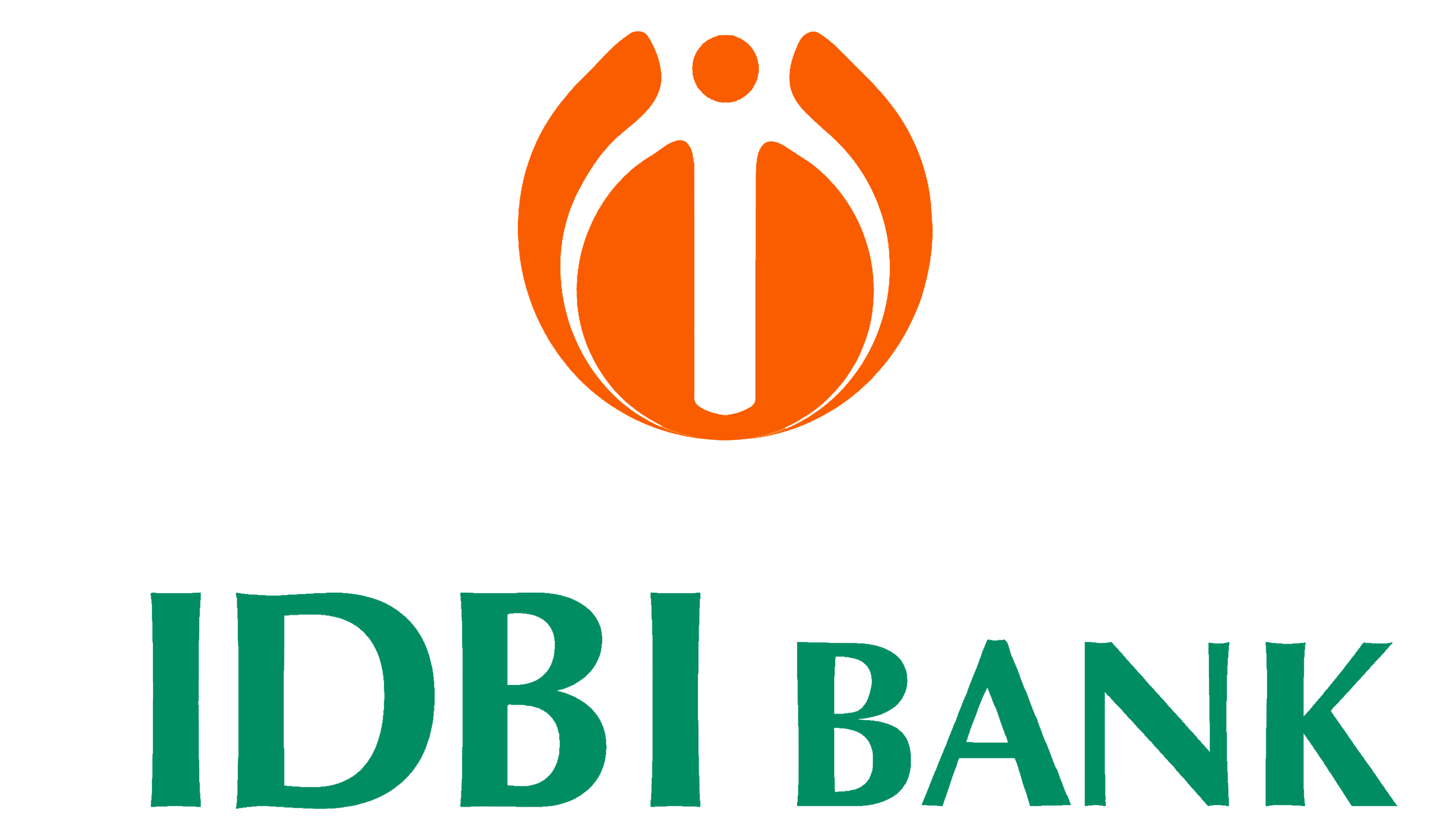1. Legal Recognition and Credibility: Timely ROC filings establish the company’s legal standing under the Companies Act, 2013, enhancing credibility with donors, regulators, and stakeholders.
2. Statutory Compliance: Regular submission of required documents ensures compliance with legal obligations, minimizing the risk of penalties, legal proceedings, or director disqualification.
3. Transparency and Accountability: Annual filings of financial statements and returns demonstrate transparency, building public trust and reinforcing sound governance practices.
4. Eligibility for Tax Benefits: Maintaining compliance is crucial for obtaining exemptions under Sections 12A and 80G of the Income Tax Act, offering financial advantages to both the organization and its donors.
5. Enhanced Funding Prospects: A consistent compliance record increases the organization’s credibility, improving its chances of receiving CSR funds, grants, and philanthropic support.
6. Continued Legal Operation: Timely filings help retain active company status with the ROC, safeguarding the organization’s legal existence and operational continuity.
7. Support for Growth and Collaboration: Being in good legal standing streamlines approvals for expansion, partnerships, and alliances with both domestic and international entities.
8. Strengthened Public Image: Regular compliance reflects professionalism, ethical conduct, and commitment to good governance—boosting the organization’s reputation and public confidence.














